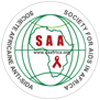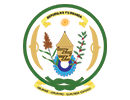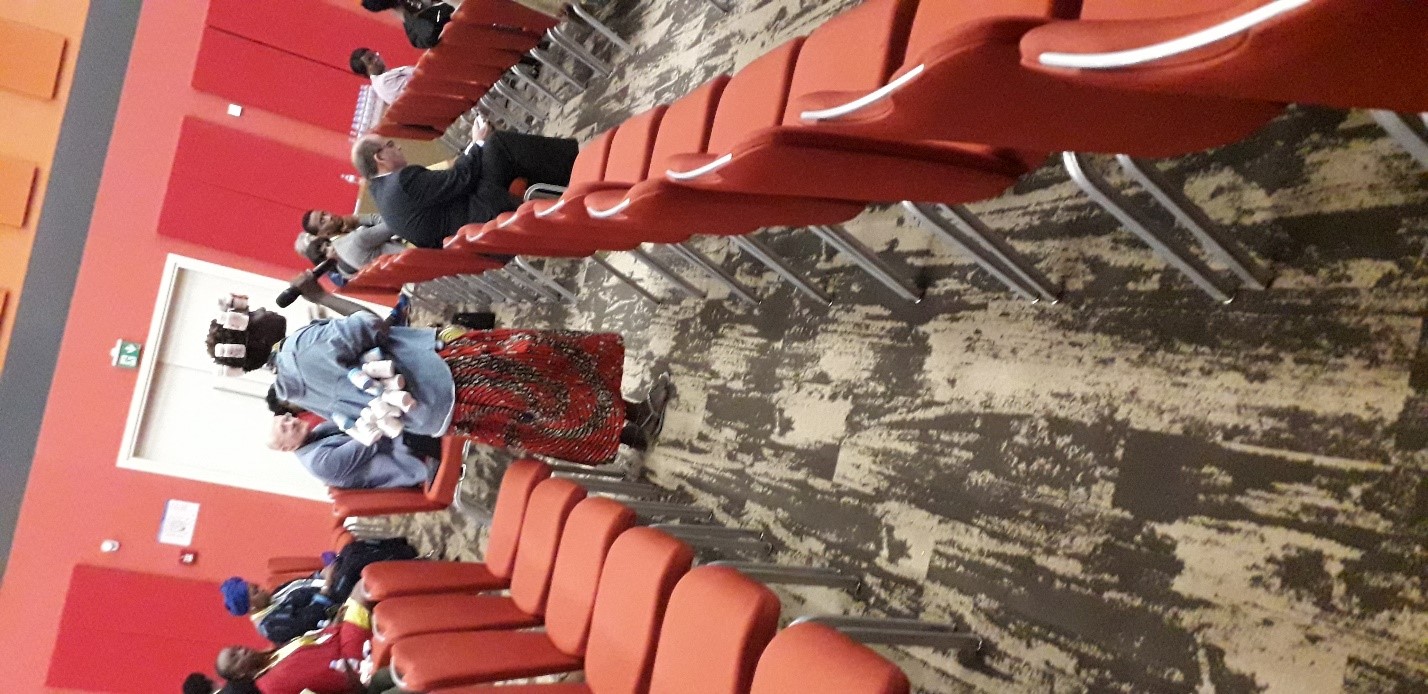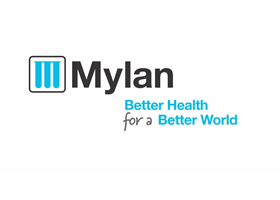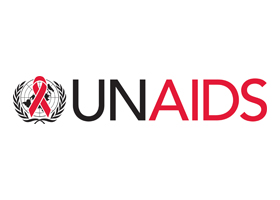Time: 16:45-18:15
Reporters: Jeannette Mbabazi, Aliane Gasengayire and Derrick SHEMA
The first presentation kicked off with the introduction from the International community of women living with HIV & AIDS in East Africa, ICW East Africa, and this was done by Azizuyo Brenda Facy.
ICW Eastern Africa is a registered advocacy network and membership based organisation. It was founded in 2005 to play a role in giving visibility to women living with HIV. Its mission is to promote the voices of women living with HIV and advocate for changes that improve their lives. Its vision is a world where all HIV positive women:
- Have a respected and meaningful involvement at all political levels, local, national, regional, and international, where decisions that affect our lives are being made;
- Have full access to care and treatment; and
- Enjoy full rights, particularly sexual, reproductive, legal, financial and general health rights; irrespective of our culture, age, religion, sexuality, social or economic status/class and race.
In 2018, there were 37.9million [32.7million–44.0million] people living with HIV with young women aged 15–24 years being twice more likely to be living with HIV than men. Every week, about 6200 young women aged 15–24 years become infected with HIV. It is therefore critical to deploy existing HIV prevention and HIV treatment strategies for the people living with HIV and structural/environmental factors that increase the vulnerability of key populations and other vulnerable populations to HIV infection. These factors include violence and discrimination. It is possible to address these issues and bring them to scale. Also, community led advocacy has powerful impacts on HIV/AIDS service programme and improves the knowledge, insights and expertise of adolescent girls and young women in communities to address their HIV response needs.


